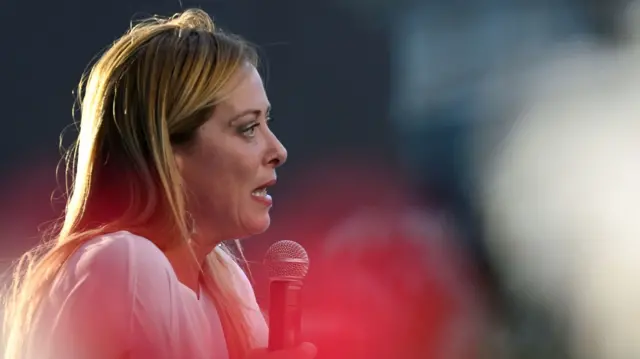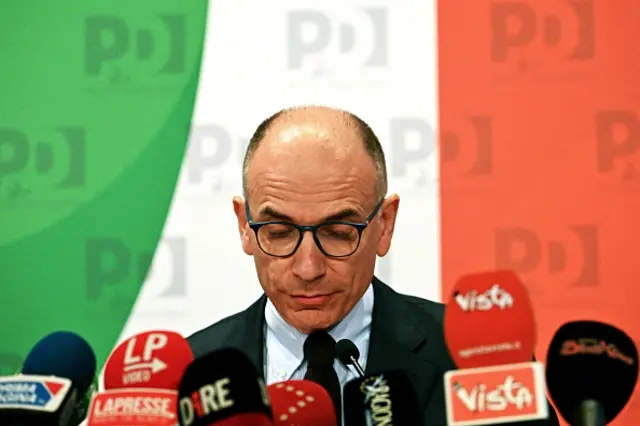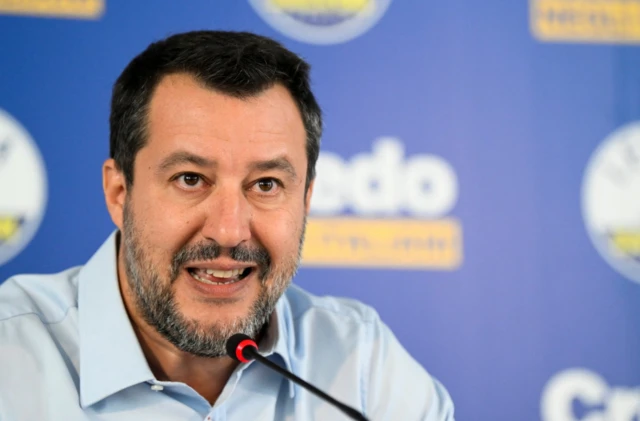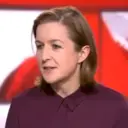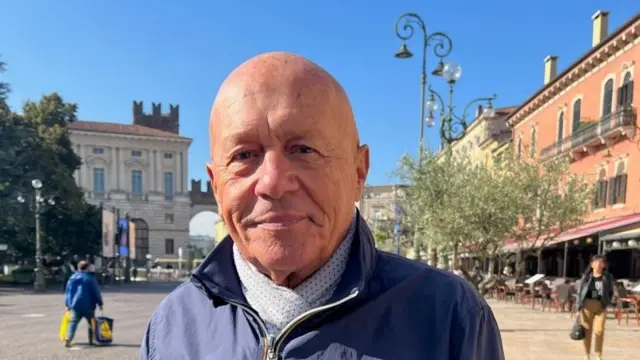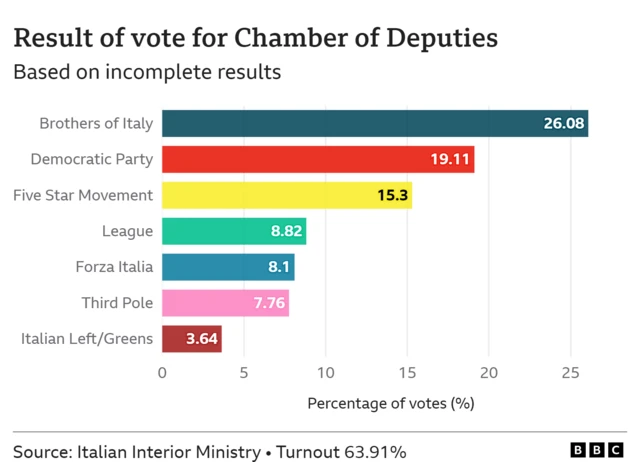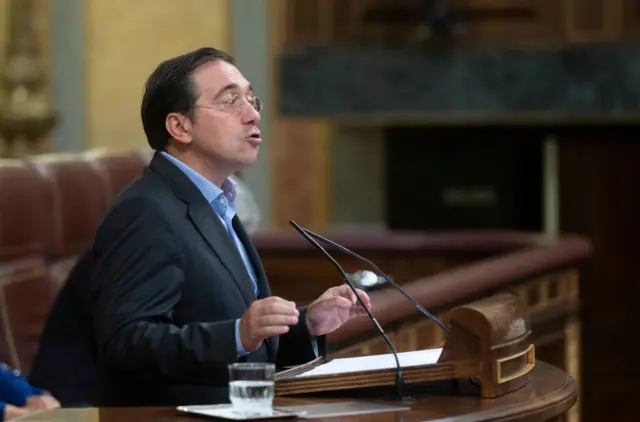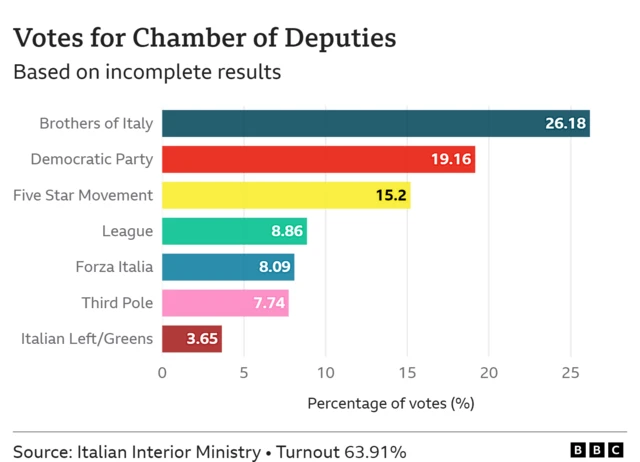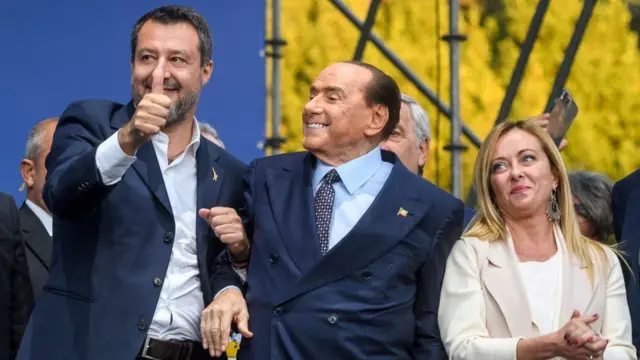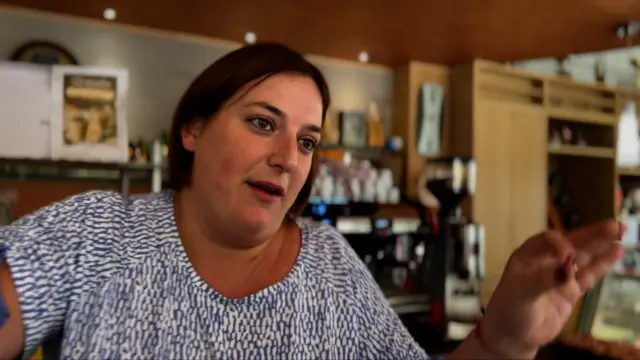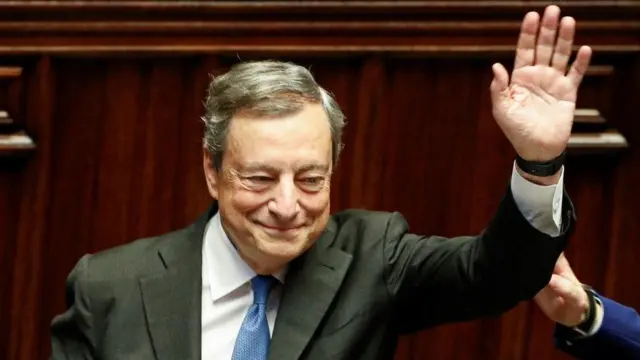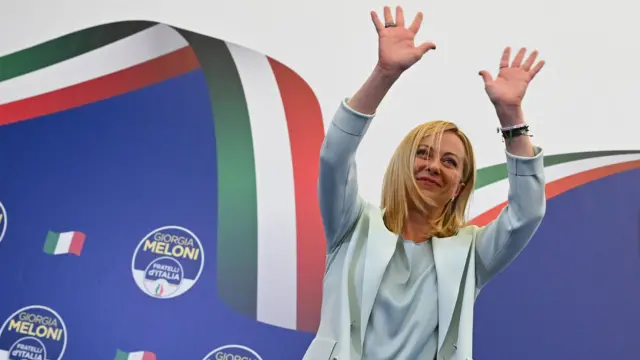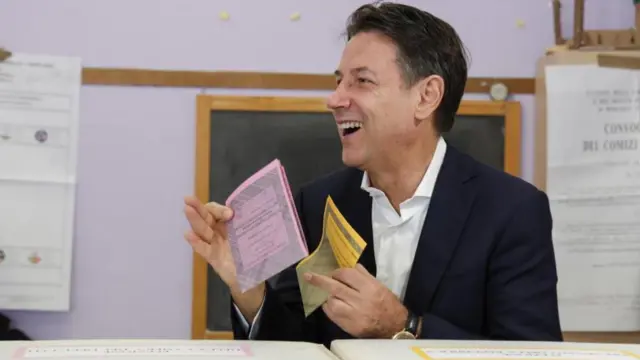Is the far right progressing in Europe?published at 12:15 BST 26 September 2022
 Katya Adler
Katya Adler
Europe Editor
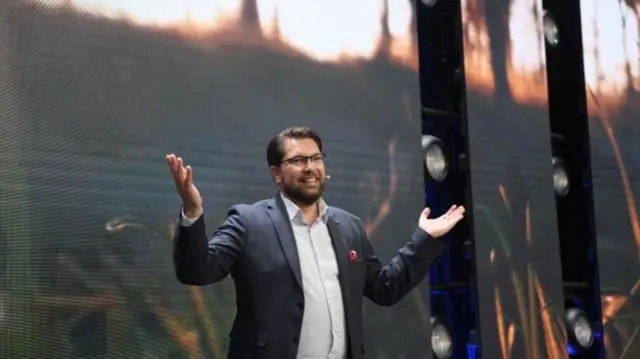 Image source, EPA
Image source, EPAIn Sweden, the Sweden Democrats became the country’s second-largest party in recent elections
Is there a far-right upsurge in Europe?
The vote in Italy hasn't been officially called, but there appears to be no doubt that Georgia Meloni, a former apologist for Italy’s fascist dictator Benito Mussolini and her nostalgic nationalist Brothers of Italy party stormed to election victory on Sunday.
Overnight, they’ve gone from political obscurity to Italy’s biggest party.
Meloni’s chosen coalition partners - business tycoon Silvio Berlusconi and the anti-immigration populist Matteo Salvini - together seem to have won a clear majority in both Italy’s houses of parliament.
Italy’s election comes hot on the heels of a vote in Sweden which saw the Sweden Democrats become the country’s second largest party. They have their political roots in neo-Nazism.
And remember - in June Marine Le Pen’s far-right National Rally performed spectacularly in France’s parliamentary election.
The EU is already struggling with what it calls "rule of law issues" with the nationalist governments in Poland and Hungary.
To say there was concern in the corridors of Brussels would be an understatement.
